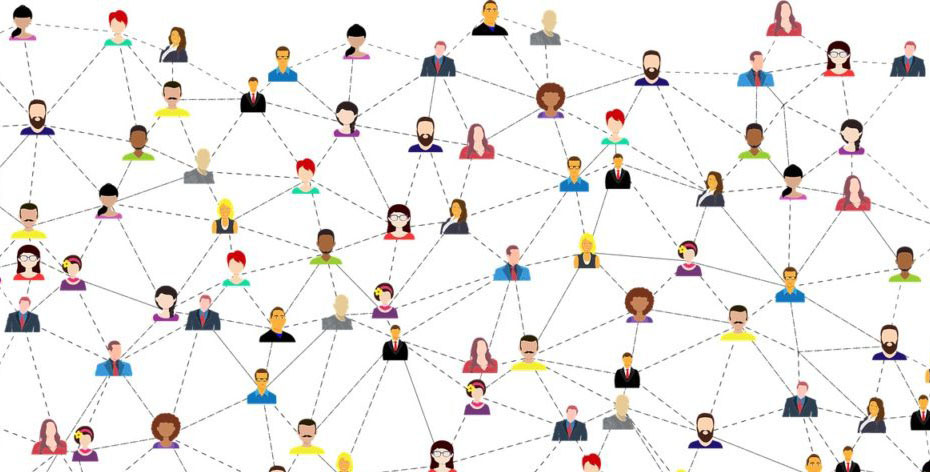Most of us think of internet privacy in terms of identity theft and illicit money transfers. But Elias Aboujaoude, MD, a Stanford professor of psychiatry and behavioral sciences, argues that we need to think about it as a mental health issue.
"In the popular media there are hundreds of stories about cyberstalking or revenge porn," he said, noting that some of his patients have suffered from anxiety, depression and post-traumatic stress disorder after their personal details were exposed online. Yet, he said, "I was struck by how little there has been in the medical literature about this issue."
In a perspective article for the Journal of Medical Ethics, Aboujaoude calls on the U.S. medical community to embrace, on mental well-being grounds, a privacy bill of rights like the European Union's General Data Protection Regulation. The regulation burdens companies with protecting user anonymity and grants citizens basic data erasure rights.
"For years I have approached this issue as a human right and am now putting out this article as a call to action," he said. "In the medical profession we should be advocating for this right. We have a history, since Hippocrates, of protecting privacy in the doctor-patient relationship. It's time we insist on broader protections for patients and citizens."
Privacy is a fundamental psychological need: It allows us to recover from harm and develop an individual identity, Aboujaoude said. But on the internet, the entire world can know our most intimate secrets. As Aboujaoude posits in his article, "Can individuals establish the boundaries needed to 'separate' and 'individuate' if they do not control the details that define them as individuals and delineate them from all others?"
Aboujaoude said that clinicians can help patients protect their privacy by educating them on how to guard their personal information online. "We do a lot of education with patients -- about disease, about trauma, about strategies to restore mental well-being. Internet privacy can fall within that," he said.
He added that studies into the mental health effects of online privacy violations should be a public health priority. "Research into the function of privacy predates the internet," he said. "New research, in this digital age, is necessary and timely."
Image by Gordon Johnson






